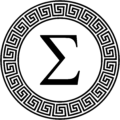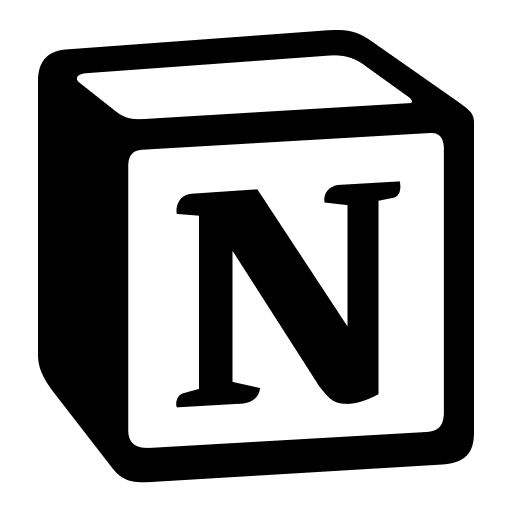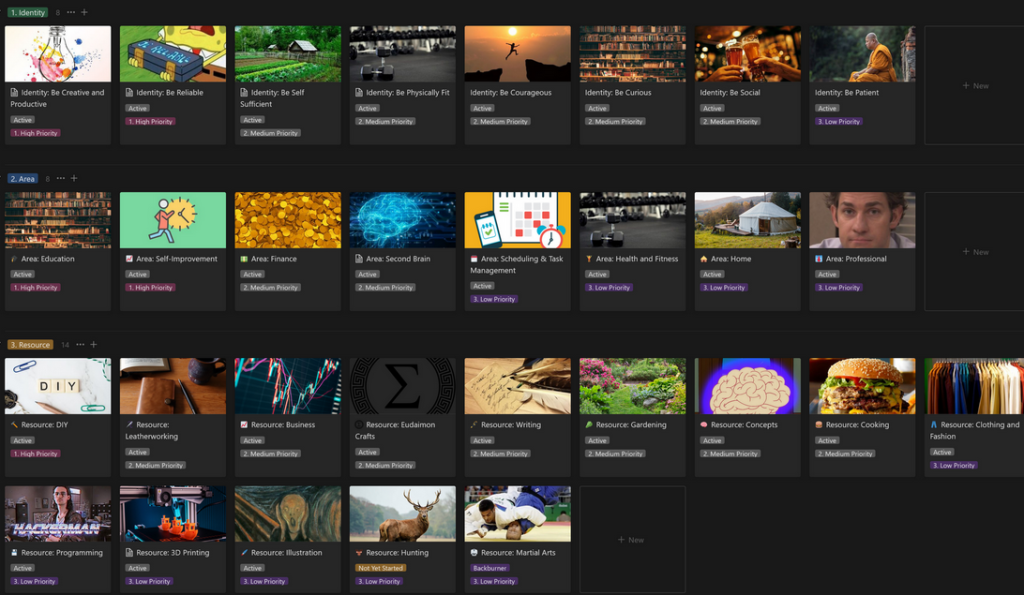
It’s been a while since I dragged myself off of Twitter and its many cousins – for those who use social media frequently, the phantom limb of its absence is often keenly felt. Many people find, despite their conscious effort, that they’ve brainlessly opened up Twitter, Reddit or Tiktok, and had been scrolling for minutes before even noticing what they had done. Social media, with a drug-like quality, operates on neural circuits well beyond our intentional conscious choice. The insidious effect it has on our attention cannot be understated – conditioned as we are for frequent bursts of novelty and emotion, the appeal of reading, or meditation, or going for a walk just to go for a walk, all fade into a boring, grey background that calls for relief. That relief of boredom, that little pang of anxious restlessness, that we could be doing something else, finding something interesting. And besides, what if we missed something important?
One experience I likened to quitting social media was quitting soda. When I was younger I could easily drain 6 or more cans of syrupy sweet pop a day – I remember distinctly when I first tried substituting it with carbonated water instead. It tasted disgusting to me. My tastebuds, so constantly barraged with sugar, had become so adapted that carbonated water tasted bitter. I couldn’t make out any hint of flavor, and it did very little to abate the distinct sensation of thirst I had. I wasn’t dehydrated, I was addicted. It was only after quite some time that my tastebuds, and no doubt my neurochemistry, adapted. Milk started tasting sweet, and water was distinctly refreshing. And even more – now when I take a sip of coke, it’s like some oversweet syrup, and the sugar lingers in my throat like slime. The idea of drinking six cans makes me feel nauseous!
The effect of social media on my attention acted in much the same way as Coke did on my tastebuds. Overstimulated and unhealthy, even a hint of boredom was to be remedied by scrolling, searching. I’d find myself checking my phone every few minutes, even when I was trying to watch a movie, read a book, or go for a walk. It was worse still when I used to post my art online, where I was always searching for that extra validation that somebody had seen what I’d made, someone had liked it. Some drawings I would post with pride, only to find myself dejected that they didn’t get the same attention as some lazy sketch, and even worse, it made me like the drawing less! I would find myself looking at other artists, getting more likes and followers than me, and feeling a pang of resentment – why them and not me? What had been a hobby I enjoyed for its own sake was transformed into a new game, and that game was attention – taking that dopaminergic pleasure of an extra like or follower and gradually edging whatever I drew to produce more of that. Like a rat in an experiment, pumping a button for sugar-water, running mazes for a little piece of cheese.
It’s not just art that does this. “Hot takes”, clickbait titles, all of it is subconsciously fed by the reaction. Social media is not just something we observe. The philosopher Marshall Mcluhan observed that “the medium is the message” – I remember hearing that phrase in some university first year communications class and I didn’t get it at the time. It was only when I read Nicholas Carr’s The Shallows: What the Internet is Doing to our Brain that it clinched. The media we use – social media – are not merely tools entirely at our discretion. The medium itself twists what we produce into its own form, with its own incentives. An oil painter must take considerations for his medium and his art is changed accordingly – how fast it dries, how the pigments blend together, the texture on the canvas. The result is unique from a photograph or a watercolor, as is the method to get it. Twitter takes complex issues and refines them down into 280 characters. And don’t think that it’s refined the best parts – there is no nuance left. Instead we are left with wretched pleas for attention, or bitter, venomous insults designed to maximize impact on those we dislike. Clever jokes and mocking jabs. Calls to action – often calls to outrage – without space to justify why. People used to lament that we only read the headlines of the news – now it sometimes feels like there is nothing but headlines.
Don’t get me wrong, there are certainly virtues to our communication revolution. Plenty of good, useful information comes to our fingertips through these platforms, and we can keep up with the topics that interest us far more easily than ever before – but do not think that this convenience doesn’t come with a cost. Not the least is the cost it has on other aspects of your life – the pleasure it drains from activities you can no longer enjoy without feeling bored and distracted. Just like we should take care to control our consumption of alcohol and sugar, we should remember that social media is poisonous in large doses… And I think if we could put the maximum daily intake on a bottle of Tweets, it’d be a pretty damn small number.
When was the last time you took a day off? A week off? Does it sound easy? Does it sound lovely? Does the thought repulse you, like sipping on bitter carbonated water?
Think about it.


